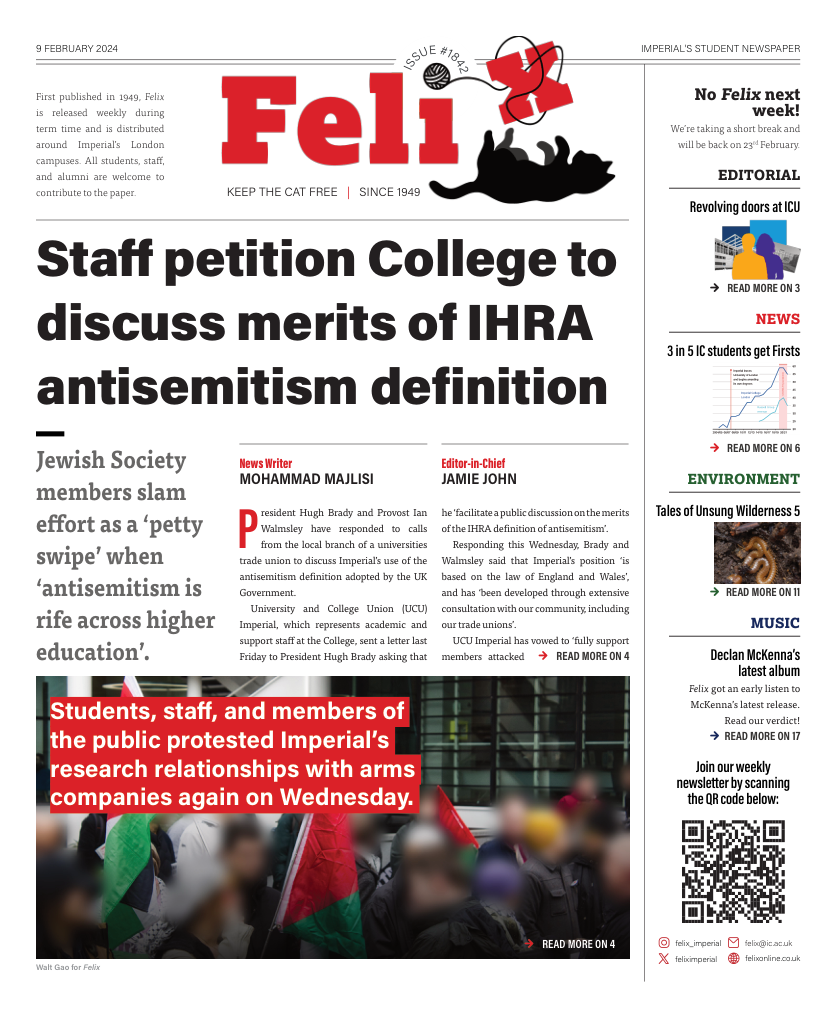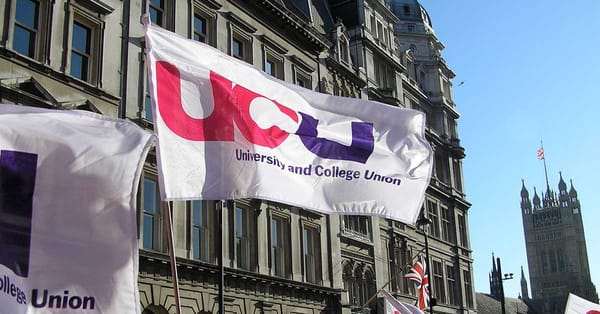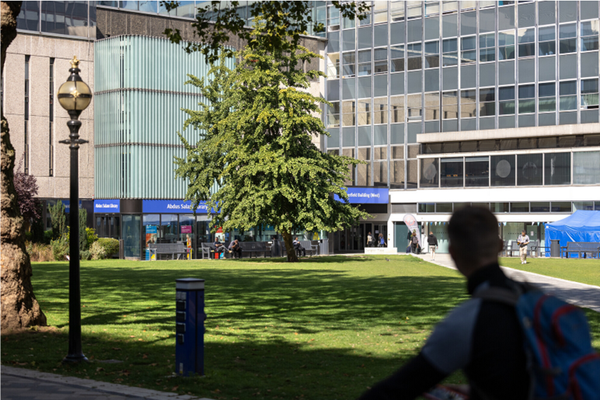Universities UK to review international admissions after ‘cash for courses’ scandal
Foundation courses under scrutiny after Sunday Times investigation.
Overseas student admission procedures are to be reviewed following a Sunday Times investigation that found 15 Russell Group universities – not including Imperial – are offering cash-flush overseas applicants alternative entry routes onto degree programmes, with lower grade requirements.
Universities UK (UUK), which represents 142 higher education providers including Imperial, announced a series of reviews last Friday to ensure ‘that the system is fair, transparent, and robust.’
‘Where there is practice that falls below the standards of our universities and their representatives, we will take action,’ it said.
The Sunday Times investigation found that universities including Bristol, Durham, and Warwick are offering foundation-year courses that allow access to undergraduate degrees with far lower grades than the usual entry requirements.
Imperial does not offer foundation-year courses and its website says it ‘does not have any signed agreements with any agents or counsellors anywhere in the world. We will not pay anyone commission for sending us a student, nor endorse the services they provide.’
A person familiar with the College’s policies said it does not discount or reduce grades for international students, and continually monitors qualification equivalencies.
At the University of Durham, to study Economics, applicants must normally obtain A*AA grades at A-Level. But overseas students can enrol, for a fee, onto a foundation course that requires only CCD A-Level grades. Overseas students aged 16 and 17 are also accepted onto the alternative pathway, with only 5 Cs at GCSE. 74% of students those on Durham’s foundation programmes progress onto degrees.
Responding to the Sunday Times article, Durham University said that the foundation requirements are ‘not comparable to entry requirements [for] our degree programmes’.
UUK says that it will review the Agent Quality Framework, that outlines best practice for recruitment agents working on behalf of universities.
International foundation programmes will be assessed against foundation programmes available to Home students for quality and comparability, and UUK will update its code of practice to ‘clearly state its applicability to international recruitment’.
UUK head Vivienne Stern reiterated that overseas foundation programmes ‘do not guarantee entry’ to degrees, saying that they ‘are designed for students who come from different education systems.’
Acknowledging that ‘the entry requirements for international and domestic students to full degree programmes should be equivalent,’ she said that nevertheless, some overseas students ‘will need bridging courses to enable them to progress to UK degrees.’ She promised to ‘work with government’ to address weaknesses in relation to the use of agents.








